Thanks, Martok! The first couple entries have been pretty quiet, but the storm really broke open during Cadwallon's reign... the third entry will have wars, dynastic maneuverings, civil wars, betrayals, epic battles ... maybe even a couple screenshots if I can figure out how to put them up. Definitely more action-packed. I still need to play out the last few years of Cadwallon's reign, so it will be a day or so before I get the post up. Stay tuned, and thanks for reading!






 Reply With Quote
Reply With Quote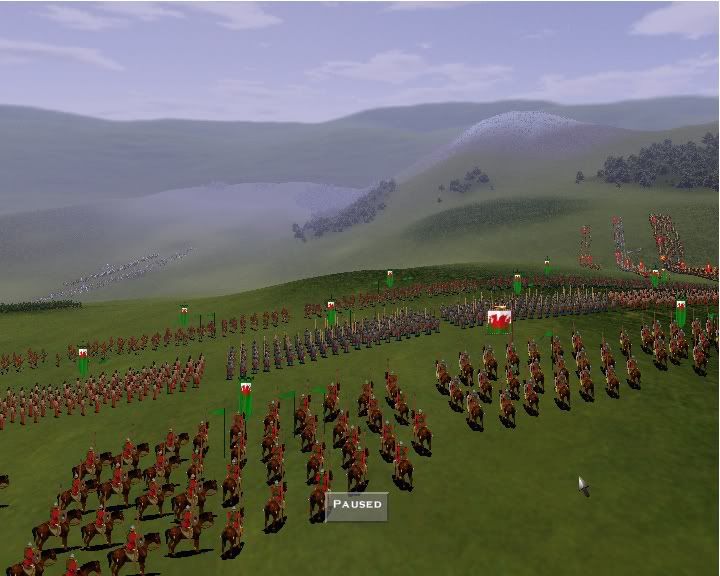
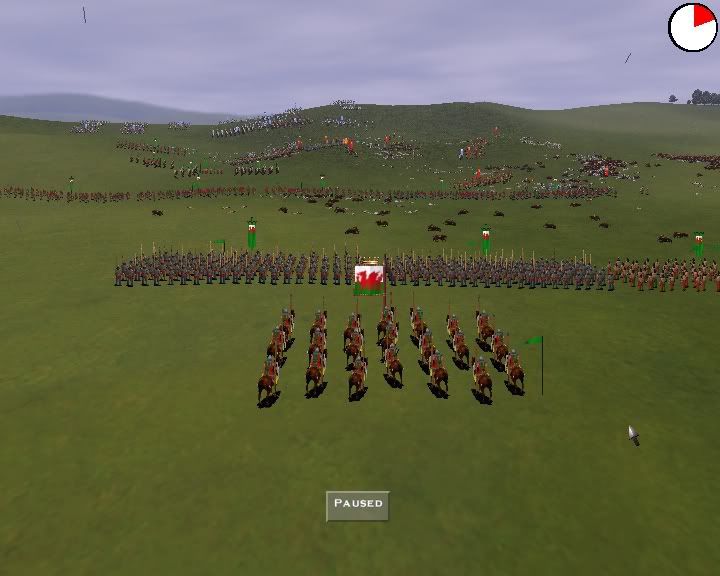
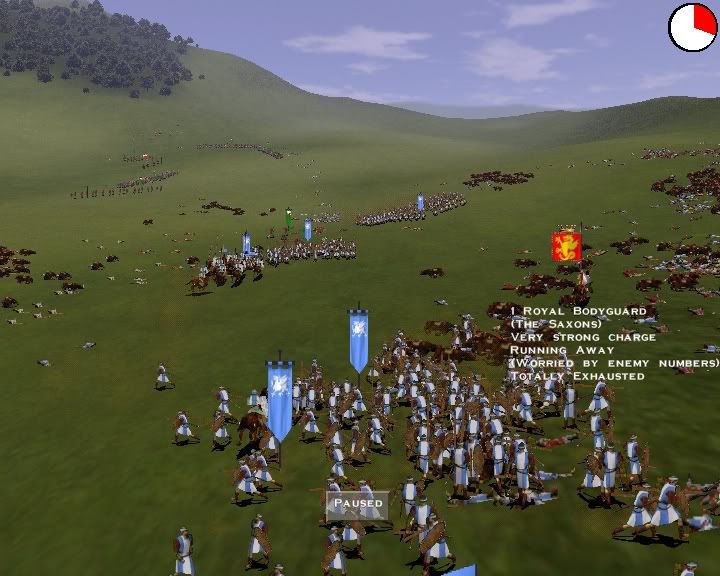
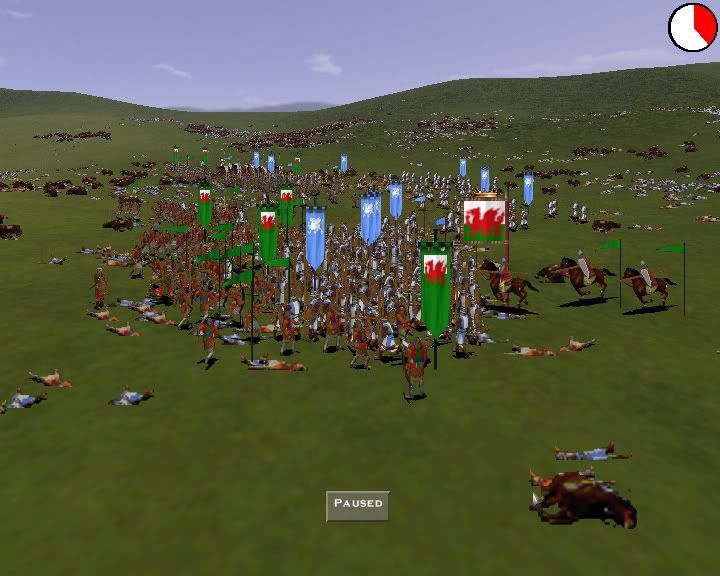








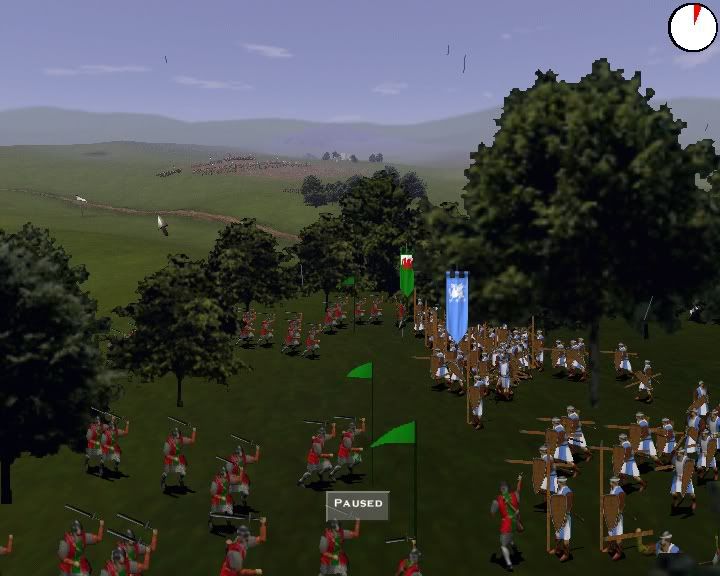
 Welsh scouts brought the news to Cadwallon in West Seaxe and he ordered the immediate devastation of the countryside. Nothing was safe from the torch, and the greedy flames fed even upon the wood and stone of the humble Abbey in the region.
Welsh scouts brought the news to Cadwallon in West Seaxe and he ordered the immediate devastation of the countryside. Nothing was safe from the torch, and the greedy flames fed even upon the wood and stone of the humble Abbey in the region.


Bookmarks